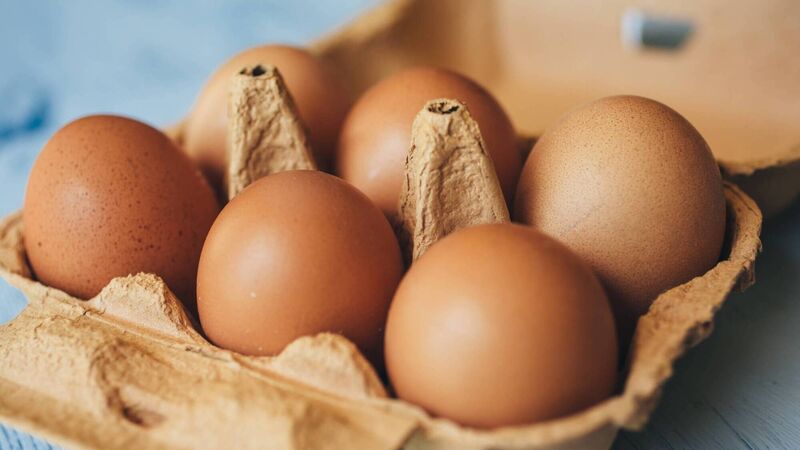The survival of the egg industry in Ireland at risk

Some 650 million eggs were still sold in Ireland in 2021, because consumers still regard them as a healthy meal option, easy to cook and value for money.
EGG producers in Ireland are under growing pressure from rising feed costs due to the war in Ukraine, falling profit margins and the threat of devastating bird flu with the potential to wipe out entire poultry flocks.
Despite a surge in sales due to increased home cooking during the Covid-19 lockdowns, a recent survey by the Irish Farmers Association revealed that 80% of producers indicated they would not recommend future generations to continue in egg production.











